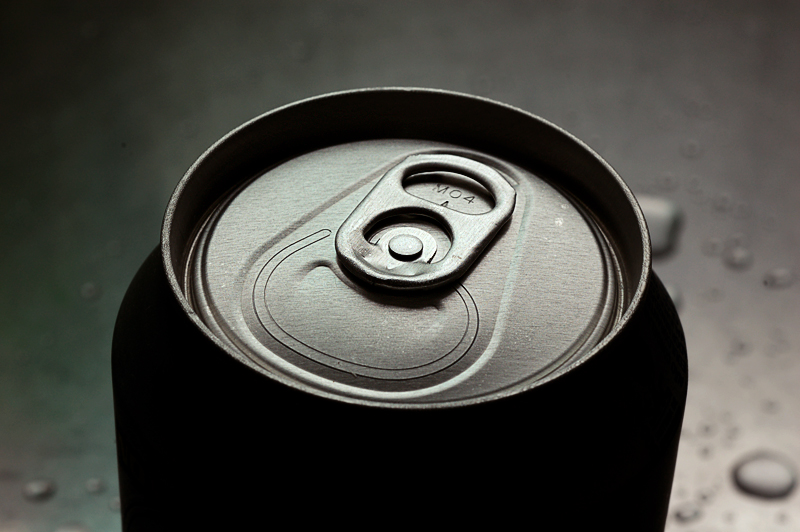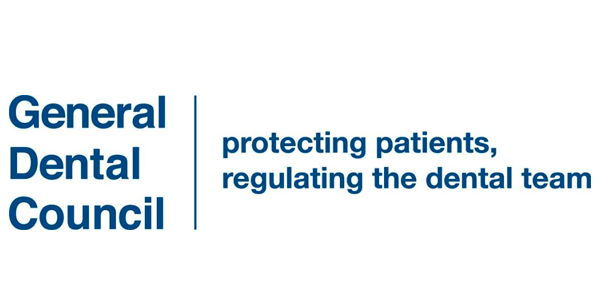As many of you will already be aware, Chancellor George Osborne has announced the 2016 Budget. One element of the budget that received lots of attention and controversy was his planned sugar tax on soft drinks.
In a bid to “save a generation from the toll of obesity” and to tackle other issues such as the rising number of the UK’s children suffering from dental decay, the Government has confirmed it will add 8 pence to a can of pop in 2016 and the move was seen by many as the most stand out moment of the 2016 Budget.
As you might expect, this has gone down badly with the drinks industry and has been met with praise from health campaigners and sparked a nationwide debate about whether this will improve the nation’s health or not.
How will the new system work?
The new system will stagger the level of tax placed on a can depending on its sugary content.
It means a standard can of Coke – which costs approximately 70p – would have an 8p tax while a can of Sprite would have an additional levy of 6p placed upon it.
Meanwhile, milky drinks and fruit juices will be exempt from the new sugar tax, even though high street mocha drinks and lattes are known to contain up to 20 teaspoons of sugar per cup. Ouch!
So, are sugary drinks really bad for our teeth?
OK, so the new sugar tax brought in by George Osbourne is mainly aimed at driving down childhood obesity, but the oral health problems that sugar causes can’t be ignored either.
Research reportedly shows that orange squash, cola and other carbonated drinks can cause both dental erosion and tooth decay.
Tooth erosion involves the loss of hard tissue from the tooth’s surface through a chemical reaction with acids – many of which are found in carbonated fruit drinks. If untreated, it can cause sensitivity, enamel fracture and pain.
Tooth decay occurs as a result of high sugar content in our drinks. Some fizzy drinks can contain up to 21 lumps of sugar in just one can. The good news is that sugar-free fizzy drinks (or diet drinks) do not lead to tooth decay. They can, however, still erode your teeth by wearing away the hard tissue or enamel. So be warned!
Each time you drink anything sugary, your teeth are under ‘acid attack’ for up to one hour after drinking. This is when sugar from drinks reacts with bacteria in our plaque (the sticky coating on our teeth) and produces harmful acids.
The bad news is even sparkling water can also damage our teeth. This is because our teeth are constantly being bathed in a weak acid solution containing carbon dioxide.
Ewan Bramley Dental Care recommends drinking from a straw to help minimise acid attacks because fluid is being drawn to the back of your throat, rather than hitting the front of your teeth directly.
Verdict: Fizzy drinks can cause both tooth decay and erosion. If you want to limit the damage to your teeth, choose sugar-free fizzy drinks (or diet drinks) because they do not cause tooth decay.
They can, however, still erode your teeth by wearing away the hard tissue or enamel.






